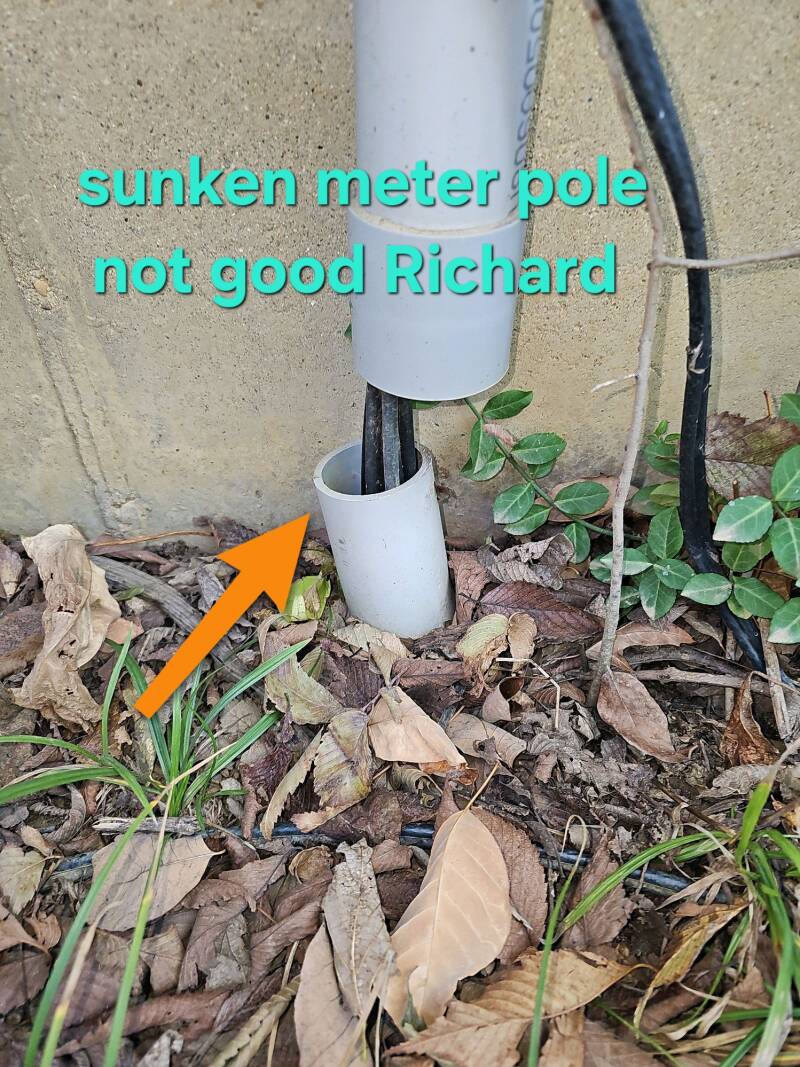Why Good Eye Home Inspections Is the Top Home Inspection Company in Cincinnati, Ohio
Why Being a Great Contractor Doesn’t Automatically Make You a Great Home Inspector
Short answer: being good at building doesn’t automatically make you good at inspecting.
Why the Home Inspection is the Most Important Part of Your Real Estate Transaction
Home inspectors truly protect your family
Home Inspection history what was it like back before a home inspection?
Home Inspections is the most important part of real estate and buying a home, bottom line
The Big 20: A Deep Dive into the Most Common Defects Found During a Cincinnati Home Inspection
In the Cincinnati area we see a "Perfect Storm"
The Vision Behind the Lens: Meet Todd Engle, CMI—The "Good Eye" of Cincinnati Home Inspections
Historic Charm vs. Historic Hazards: Navigating Cincinnati’s Century-Old Surprises
Cincinnati has foundation problems
A idea on what really makes you sick in your home
Worst move in real estate you can ever make
While there isn't one single "inventor" of the idea, the trend of waiving home inspections was born out of extreme market desperation and has evolved through several "waves" in real estate history.
How Home inspectors save lives?
Top 20 Reasons Home Inspectors save lives and why you should never skip a home inspection

Certain problems that are often hidden or hard to detect can significantly impact the outcome of a home inspection. These unseen issues may not be immediately obvious but can result in major expenses or complications down the line. Here are some common hidden problems that can ruin a home inspection:
### 1. **Foundation Issues**
- **Cracks, uneven floors, or settling:** Foundation problems can be hidden behind walls or under carpets, and they may manifest as cracks in the walls, doors that don’t close properly, or sloping floors. These issues can indicate serious structural problems.
- **Water intrusion:** Poor drainage or grading around the foundation can cause water to seep into the basement, leading to mold growth and weakening of the foundation.
### 2. **Roofing Problems**
- **Hidden leaks:** Water damage or leaks may not be obvious during a visual inspection, especially if the attic is inaccessible. Leaks can cause mold growth, wood rot, and damage to ceilings.
- **Old or damaged roofing materials:** Shingles or roofing materials may appear intact from the ground but could be worn out or improperly installed, leading to potential water damage.
### 3. **Electrical Issues**
- **Outdated wiring:** Older homes may have outdated or improperly wired electrical systems, such as knob-and-tube or aluminum wiring, which can be fire hazards.
- **Hidden junction boxes or splices:** Electrical work that has been done incorrectly or not to code may be concealed behind walls, making it hard to detect without a thorough inspection.
### 4. **Plumbing Problems**
- **Hidden leaks or pipe corrosion:** Pipes inside walls or under floors can develop slow leaks, which may not be apparent until they cause significant damage or mold growth.
- **Low water pressure or outdated pipes:** Older plumbing systems, particularly those with galvanized steel pipes, can be prone to corrosion and sediment buildup, leading to poor water flow and potential future leaks.
### 5. **Mold and Mildew**
- **Hidden growth:** Mold can grow behind walls, under floors, or in the attic due to moisture issues. While the visible areas may appear mold-free, hidden growth can still pose health risks and require costly remediation.
- **Musty odors or water stains:** These can be signs of hidden mold or past water damage, which may have been poorly repaired.
### 6. **Pest Infestations**
- **Termites, rodents, or other pests:** Pests can cause significant damage to a home’s structure or insulation. Signs of infestation, like droppings or gnawed wood, may be hidden in attics, basements, or behind walls.
- **Wood damage:** Termites or carpenter ants can weaken the structural integrity of a home, causing hidden damage to beams, joists, or framing.
### 7. **HVAC System Issues**
- **Hidden duct problems:** Ductwork that is poorly installed, damaged, or clogged can lead to inefficient heating and cooling. These issues may not be obvious without a detailed inspection.
- **Aging or improperly maintained systems:** An HVAC system may appear functional during a basic test, but hidden issues such as cracked heat exchangers, refrigerant leaks, or malfunctioning components can lead to future breakdowns.
### 8. **Asbestos or Lead Paint**
- **Older materials:** Homes built before the 1980s may have asbestos in insulation, floor tiles, or ceilings, and lead-based paint may still be present in older homes. These materials pose health risks but are not always visible during a general inspection.
### 9. **Drainage and Grading Issues**
- **Water pooling near the foundation:** Poor grading or drainage can cause water to pool near the home's foundation, leading to potential basement leaks or foundation damage.
- **Clogged or faulty gutters:** These can cause water to spill over and saturate the ground around the house, leading to moisture problems.
### 10. **Sewer or Septic System Problems**
- **Blocked or broken pipes:** Issues with the main sewer line or septic system may not be obvious unless a sewer scope inspection is performed. Sewer line problems can cause backups, foul odors, or leaks.
- **Outdated septic systems:** Older or poorly maintained septic systems may require costly repairs or replacement.
These hidden problems can complicate the sale process, requiring repairs, renegotiation of the sale price, or even causing the buyer to back out.
#CincinnatiHomeInspector
#CincyRealEstate #CincinnatiLiving
#CincinnatiHomeBuyers
#CincyRealty
#HomeInspection
#HomeInspector
#RealEstate
#PropertyInspection
#HomeMaintenance
#HouseHunting
#FirstTimeHomeBuyer
#HomeBuyingTips
#HomeSafety
#HouseInspection
#HomeRepair
#PropertyInspector
#InspectionServices
#HomeInspectionService #RealEstateInspection
#OhioRealEstate
#CincinnatiHomes
#CincinnatiRealtor
#CincyHomes
#MidwestLiving
FOLLOW US click the link below
https://www.facebook.com/share/EfHkUx7mDVuFspMJ/?mibextid=qi2Omg
https://www.instagram.com/invites/contact/?igsh=v9swk7zbhthm&utm_content=lcr4yu
Add comment
Comments